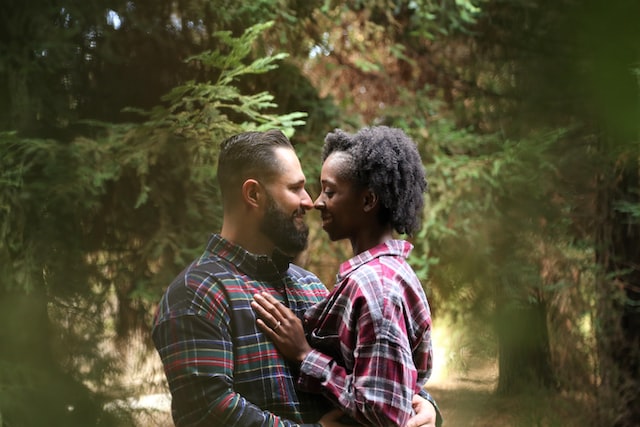Lover’s Spats: How Much Fighting Is Normal?
If you have ever been in a relationship before, then you know that fighting is a normal part of it. You’ll never agree on everything 100% of the time, so you are bound to argue, disagree, and fight every now and then.









